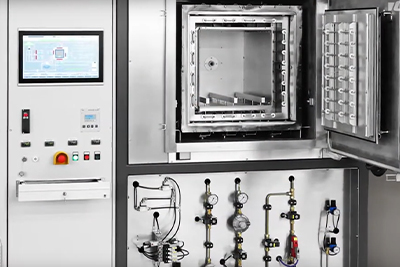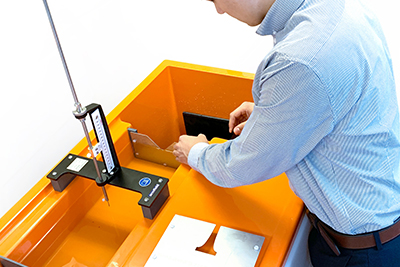Polymer Analysis
In our daily life, polymers are ubiquitous materials that are used in a wide range of industries like engineering, construction, and countless commercial products. They can have a diverse range of applications as the polymeric materials which are used in pharmaceuticals, medical devices, personal care cosmetics and beverage, and food packaging. The process via which tough interlinking polymer chains are formed due to covalent bonding when small molecule monomers get merged and share electrons is Polymerization. Generally, after polymerization, an analysis of the raw materials is done for quality control procedures. Any vulnerabilities or deformations may be revealed by polymer analysis in the materials that can be modified via hardening stages or additional curings like manufacture and copolymerization.
Also, a standard component of product deformulation and analysis of failure is polymer analysis. Techniques that are used heavily for the evaluation of the composition are gel permeation chromatography and mass spectrometry and in both the residual and primary concentration of monomers. With the help of these methods, it is also possible for measuring the molecular weights of polymers of around millions of molecular weight.
BCL offers Polymer Analysis solutions from NETZSCH which can serve for characterizing the thermal effects and determine the data of materials like crystallization/melting of thermoplastics, glass transition temperature, the composition of rubber mixtures, thermal stability, E modulus values of anisotropic composites, and curing behavior of thermosetting materials.



.jpg)




